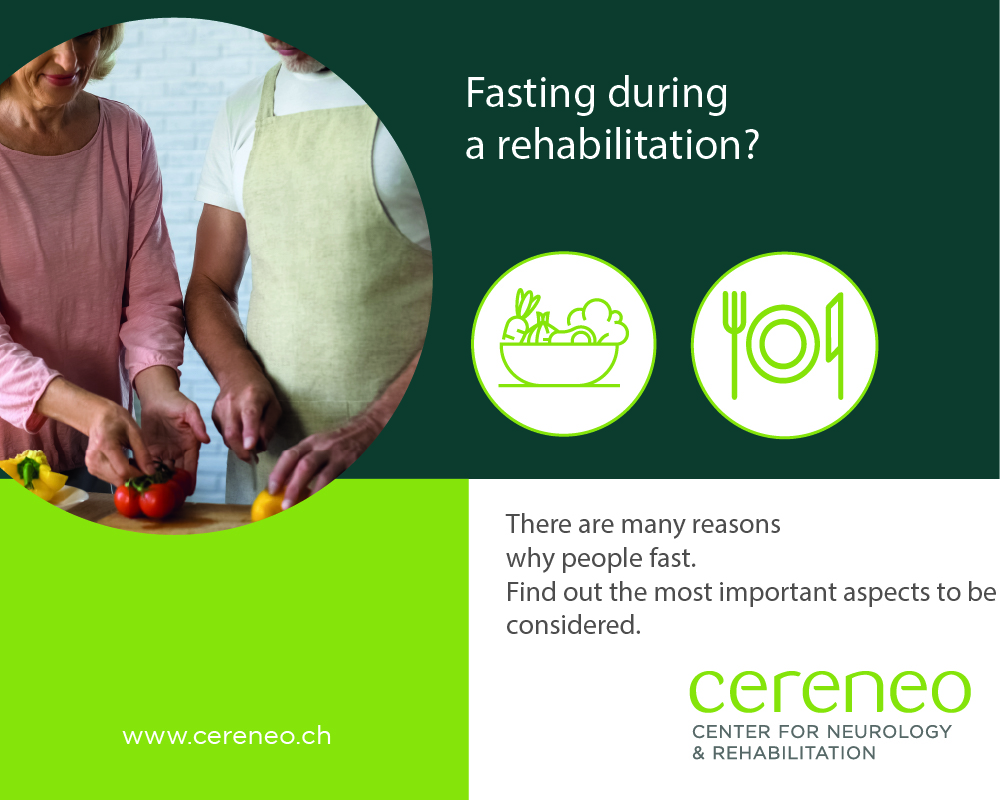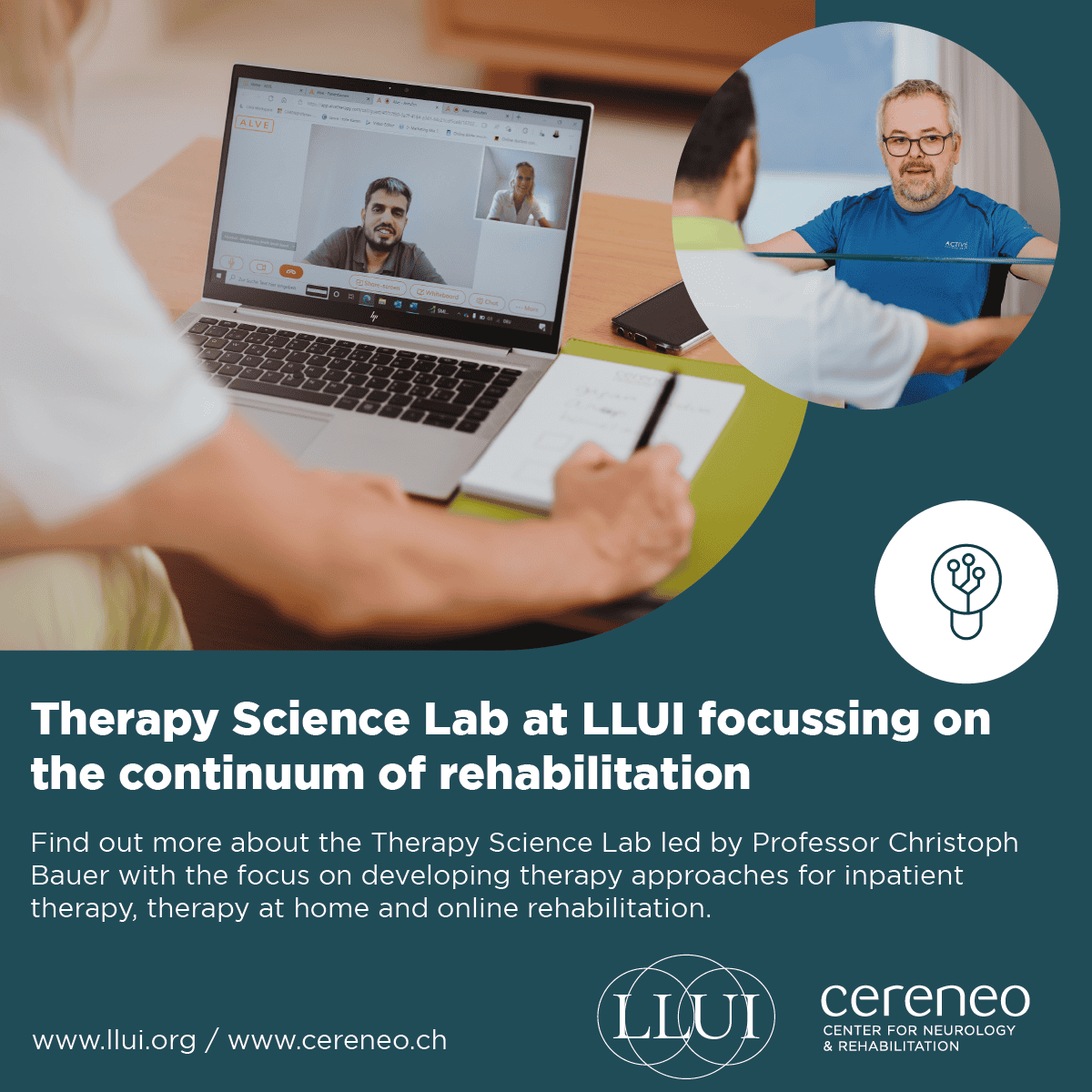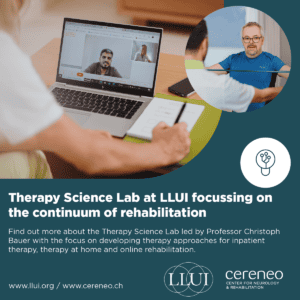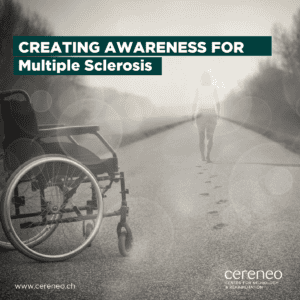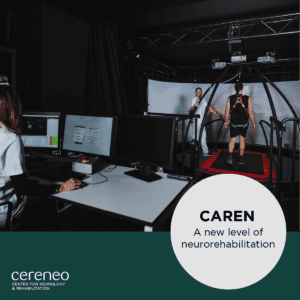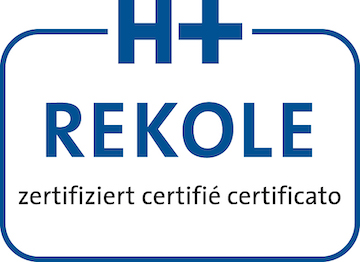When fasting, one partially or completely abstains from food for a certain period of time. There are various reasons for fasting. Some people fast for health reasons. For example, during intermittent fasting, one completely refrains from eating for 16 hours a day.. Other forms of fasting, such as water fasting or juice fasting, can also be used to promote detoxification processes in the body or to reduce inflammation.
In many cultures fasting is practiced to purify the mind and strengthen spiritual connection.
In Islam, fasting is practiced during the month of Ramadan by refraining from food and water from sunrise (Suhoor) to sunset (Iftar).
In Christianity, fasting is practiced in various forms. For example, in the Roman Catholic Church, certain foods such as animal products, alcohol, or sweets are avoided during Lent, which usually begins 40 days before Easter.
In Judaism, there are several fasting days throughout the year, including Yom Kippur, the Day of Atonement and the fast of the 9th of Av. During these days, Jews refrains from eating and drinking.
In Buddhism, there is the custom of “Uposatha,” a day of fasting that is usually celebrated twice a month. During the Uposatha day, believers refrain from solid food and follow certain rules of conduct, such as avoiding lies and violence.
In Hinduism, there are also various fasting days and practices. One example is the fasting day “Ekadashi,” which takes place twice a month. During this day, grain products and sometimes water are avoided.
Thus, in many cultures, food is partially or completely abstained from in order to fulfill spiritual or religious reasons. However, it is important to pay attention to a balanced diet during fasting. This ensures that the body receives sufficient nutrients and fluids. Abstaining from certain food groups or eating only limited amounts during fasting can lead to nutrient deficiencies that can cause health problems.
In general, fatty, salty, and sugary foods should be avoided. Instead, it is important to eat a variety of colorful vegetables and fruits to provide the body with important vitamins and minerals.
Consumption of protein is also important. It is recommended to consume about 20% of the daily calorie intake in form of fish, skinless poultry, eggs, curd cheese, yogurt, nuts, seeds and legumes.
Carbohydrates are a valuable source of energy for our body. Approximately 50-55% of the daily calorie intake should be in form of carbohydrates such as oats, brown rice and sweet potatoes.
Fats should not be completely avoided, but one should ensure that less than 35% of the daily calorie intake comes from fat and that mainly unsaturated and polyunsaturated fats are consumed. These include, for example, avocados, nuts (unsaturated fats), or seeds, as well as fish such as salmon, mackerel, trout, herring, and tuna (polyunsaturated fats).
It is also important to drink enough during fasting to avoid dehydration. It is recommended to consume about 2 to 2.5 liters of water and unsweetened tea.
However, fasting is not suitable for everyone. Fasting in individuals with neurological conditions such as stroke, Parkinson’s disease or Multiple Sclerosis (MS) should be approached with caution. In these conditions, fasting can further strain the body and lead to unwanted side effects. For example, in people with Parkinson, fasting can lead to a worsening of symptoms such as tremors, muscle stiffness, and slow movement. Similarly, people with MS may experience a worsening of their symptoms when fasting, as they may have less energy and the physical strain of fasting can impair their ability to perform everyday tasks.
Parkinson’s and MS can also have effects on nutrition and metabolism. These conditions can lead to an increased rate of nutrient losses and a higher risk of nutritional deficiencies. Therefore, it is particularly important to pay attention to a balanced diet during fasting periods and, if necessary, to take supplements to ensure that the body is provided with all necessary nutrients.
For further information on how to get the most out of your rehabilitation during fasting, be sure to speak with your rehabilitation team and nutrition expert so that they can tailor your treatment and nutrition to your personal needs during this time.
